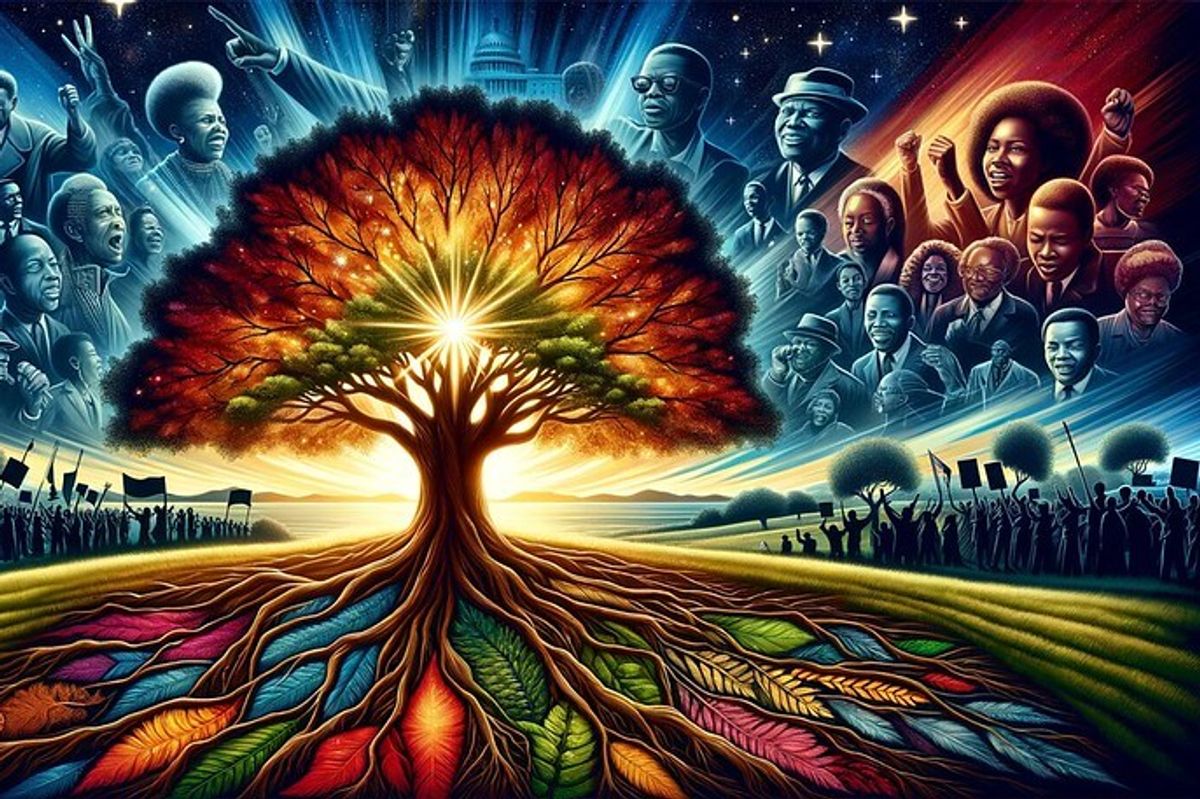About Naman Sodhi
Naman possesses a formidable academic background, having attained a Bachelor's degree in English with a minor in history followed by a Master's degree in English language and literature from the esteemed Sophia Girls' College in Ajmer. Naman has honed her writing and editing prowess through a wide-ranging career that includes tutoring, fact-checking, and writing and editing. Her astute social media acumen benefited mutiple businesses as well as animal welfare organizations where she devised highly engaging social media campaigns and compelling posts.
A veritable polymath, Naman's creative genius which has won her a host of awards in diverse fields such as art and crafts, creative writing, and dramatics. Her insatiable curiosity fuels her quest for knowledge as she scours books, films, TV shows, and anything else she can find in search of captivating stories.
Naman has an innate love of animals and spends her free time supporting animal organizations and caring for animals. Naman's highly proficient and has broad-based expertise that enables her to lead the editorial team.
Family interest
In house speciality
Education
Qualifications
- Bachelor of Arts specializing in English with History
- Master of Arts specializing in English Language and Literature
Recent Work
Black History Month Facts: Unearthing A Shared Heritage
Black History Month emerged from the seed of "Negro History Week," the brainchild of eminent historian Carter G. Woodson and minister Jesse E. Moorland. Woodson founded the Association for the Study of Negro Life and History in 1915, which sponsored a National Negro History Week in 1926. The event was first celebrated during the second week of February to coincide with the birthdays of Abraham Lincoln and Frederick Douglass.
The week inspired communities nationwide to organize local celebrations, establish history clubs, and host performances and lectures. Later, Negro History Week expanded into Black History Month on many college campuses; in 1976, President Gerald R. Ford officially recognized Black History Month, urging Americans to "seize the opportunity to honor the too-often neglected accomplishments of African Americans." Black History Month is now a time to celebrate and recognize the achievements and contributions of Black Americans and African Americans throughout history.
American Zoo Day
American Zoo Day is celebrated in the United States of America.
Tiradentes Day
This day is celebrated in Brazil, the largest country in South America.
International Romani Day
This day is celebrated in numerous countries all over the world like Bulgaria, Slovenia, Croatia, Brazil, the United States, and more.
National Pet Memorial Day
National Pet Memorial Day is a national day in the USA. However, it can be observed anywhere globally on the second Sunday of September each year.
National Adoption Day
National Adoption Day is celebrated annually in the United States.






